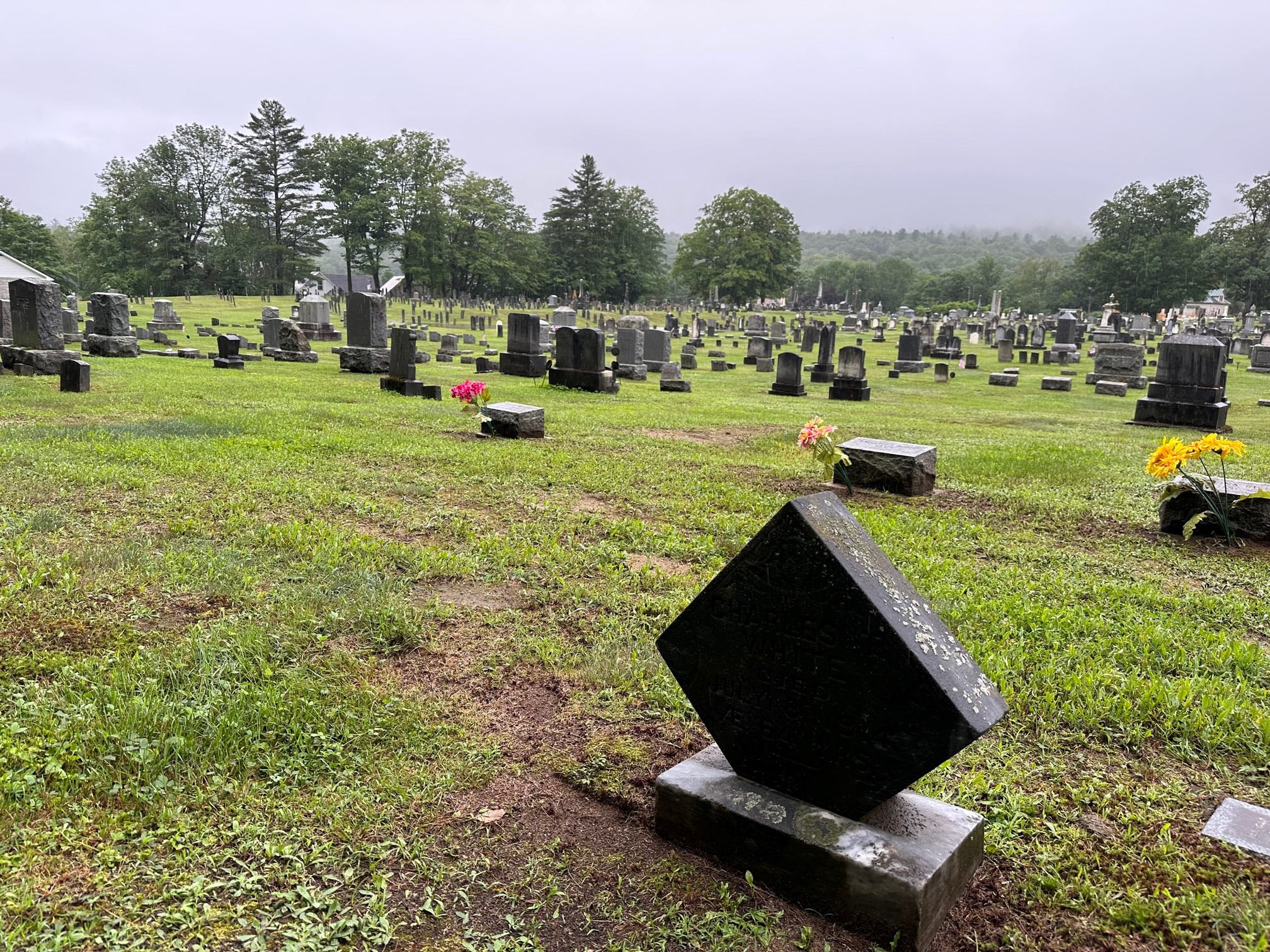Recovering from recent emergency surgery to repair a torn retina, I am reminded once again of the fragility and contingency of our lives.
I had been in New York City, having dinner with old friends. We were enjoying a restaurant we had last visited before the pandemic, an archetypal steak house with mouth-watering cuts of meat, scrumptious sides, and an extensive wine list. The meal lasted for hours, and it was way too late (and I had had too much wine) to drive back upstate, so I decided to crash at a friend’s place for the night.
When I awoke the next morning, I was puzzled by a blurriness in the lower visual field of my right eye. I blinked repeatedly, stared at my eye in the mirror to see if I could find an obvious culprit, and tried a hot shower with a thorough eye rinse. Nothing worked – the blurriness was still there.
I called my ophthalmologist: no luck, she had just departed for a two-week vacation and her backup was out until the next day. I called my old retinologist and left a message with his answering service; within an hour, I was speaking with him. The news was not good: likely a retinal tear, which required emergency surgery. He suggested I head to the emergency room as early as possible the next morning (he was on call that weekend), he would examine me, and then decide if the surgery was really necessary.
Things happened quickly after that. An examination in the emergency room revealed a large retinal tear in my right eye, so surgery was scheduled for later that afternoon. Within a few hours, I was having a vitrectomy and laser surgery to repair the damage. A few hours after that, and I was headed back to his office for a post-op visit. I was lucky (again): we had caught it in time, the surgery had gone well, and I was likely to make a full recovery. So I headed home for a few weeks of recovery, during which I had to sleep only on my left side and, for 45 minutes of every waking hour, keep my head inclined downward at a 45-degree angle. No matter: I was happy and grateful that my vision had been saved, and didn’t care about the short-term inconvenience.
The need to keep my head down has meant I’ve had plenty of time to think and reflect. Although I had already known that I was predisposed to retinal tears, the sudden onset of one in my right eye took me by surprise. Yet it certainly wasn’t the first time I’d had a medical or other emergency, and not the first time I was in danger of losing something very important to me. I was reminded of my father’s death when I was nine – a shocking event that devastated me and my mother, and that reverberated through our lives for years afterward. He was literally there on the couch that evening, smiling and kissing me good night as I went off to bed before the first day of fifth grade the next morning, as alive as he could be – and dead the next morning, killed by a sudden, massive heart attack.
Of course, I’ve had other, less tragic, losses over the years. We lost our beloved 18-year-old cat last year, crying unabashedly as we said goodbye. And what about that five-figure investment loss, in a real estate limited partnership that went bad? Even our current vacation in Vermont, meant to be a safe, quiet place to relax and recover from my surgery while my family spent the day motorcycling on beautiful mountain roads, was marked by disaster – more than nine inches of rain fell over a 48-hour period, causing the worst flooding and devastation since Hurricane Irene back in 2011.
Over and over again through the years, we’ve suffered loss after loss – nothing has been immune, from the most secure relationship to the most promising investment. My recent eye surgery has served as a sobering reminder of four important lessons from all those losses:
- Everything I have will eventually be lost to me: my possessions, my family and friends, my work, my thoughts, and my life
- While I’m still here, I must remind myself every morning of how lucky I am to wake up and that all the things and people that will eventually be lost to me, have not yet been lost
- While I’m still here, I must remember and be grateful for all the good things that have come into my life, all the good I’ve done in the world, and for the wonderful life I’ve had: the possibility of losing it all tomorrow doesn’t make me any less fortunate for the life I’ve lived
- Every one of us is on the same journey, and every one of us will eventually lose everything. So it’s important to treat each other with kindness, respect, and understanding – our common fate binds us and makes us all equal and equally worthy
Don’t be complacent about your own life: it can all be taken from you in an instant. Cherish each moment, live your life to the fullest, be grateful for what you have, tell those closest to you how much they mean to you, and help others along their own journey by being as kind and understanding as you can be.

